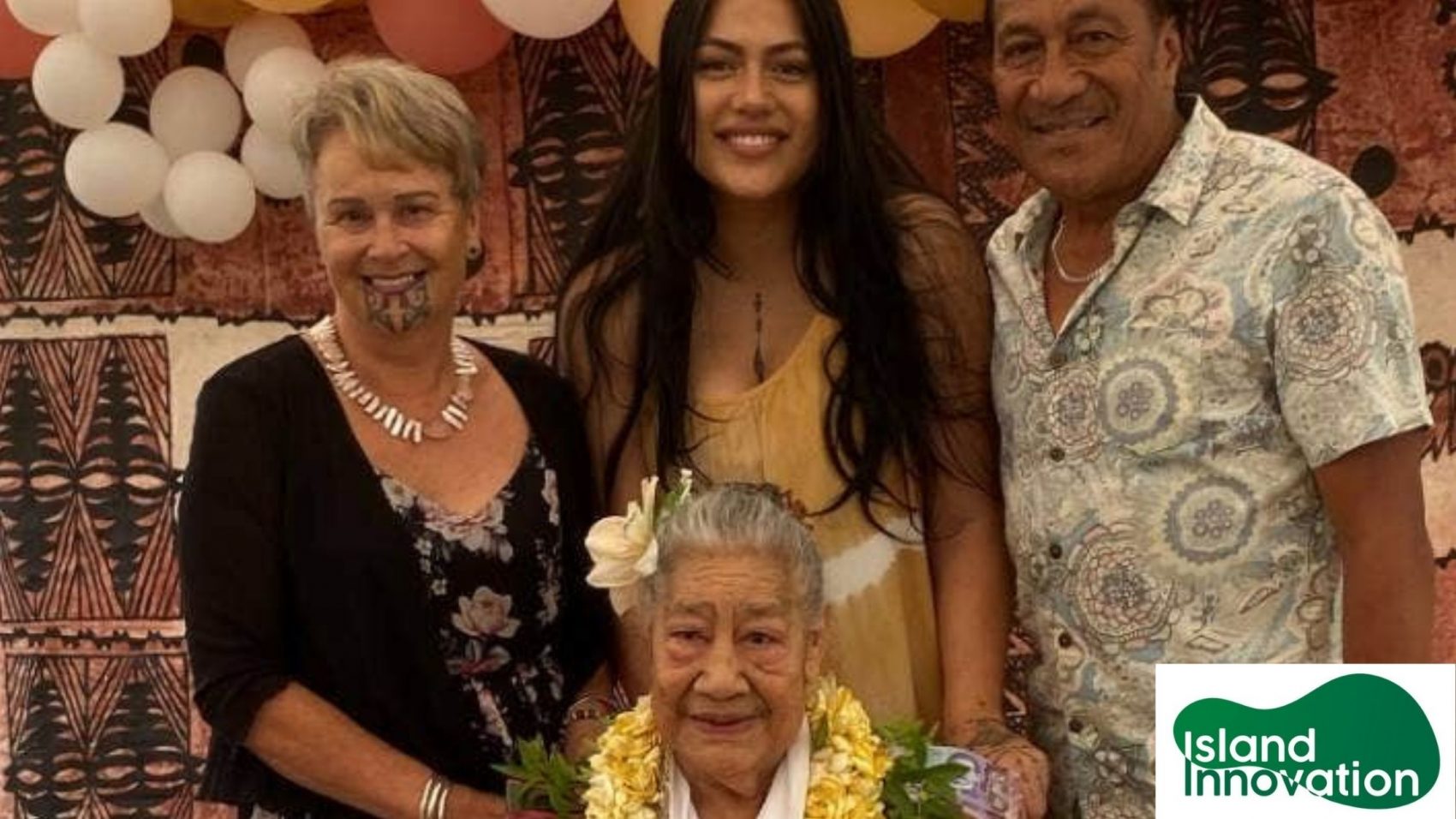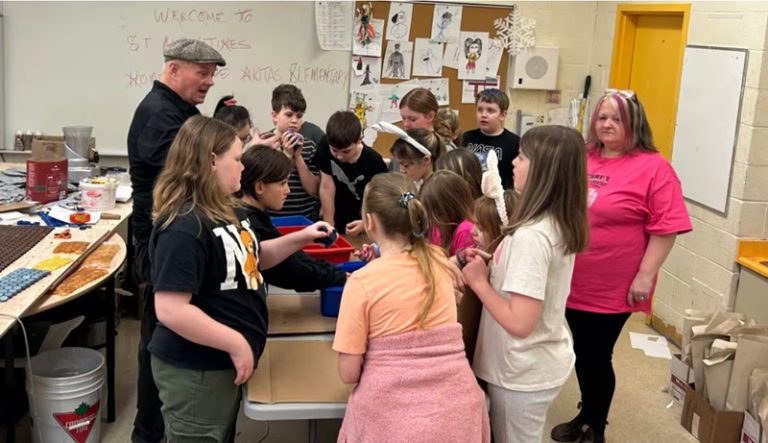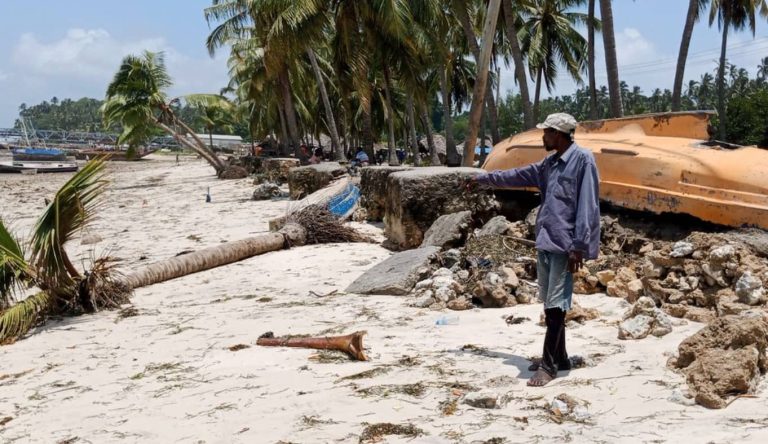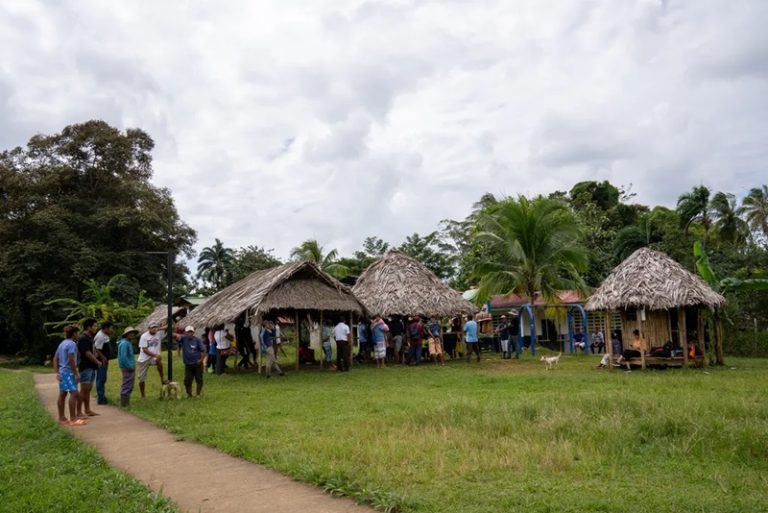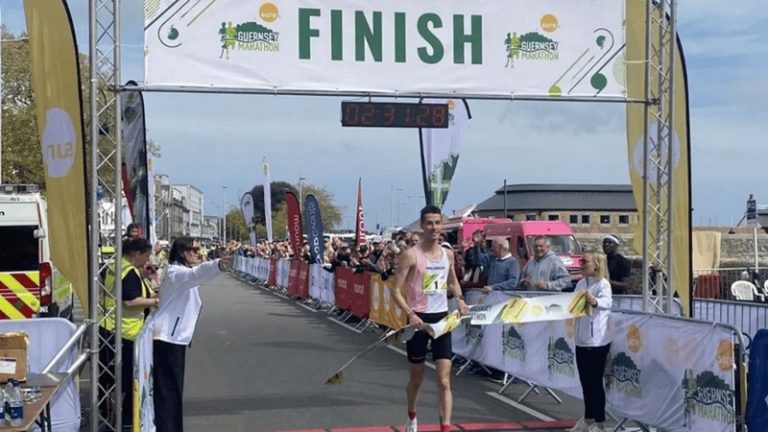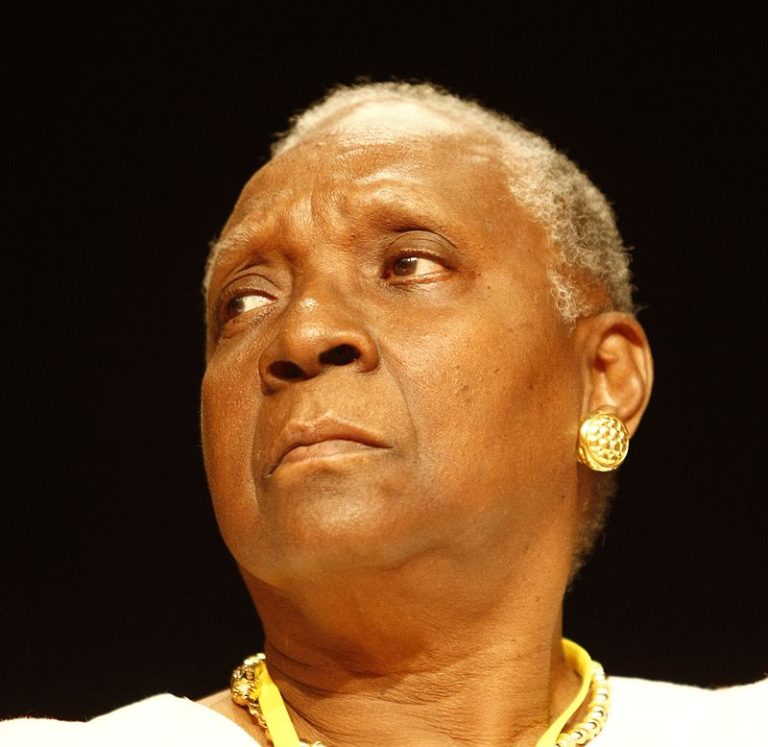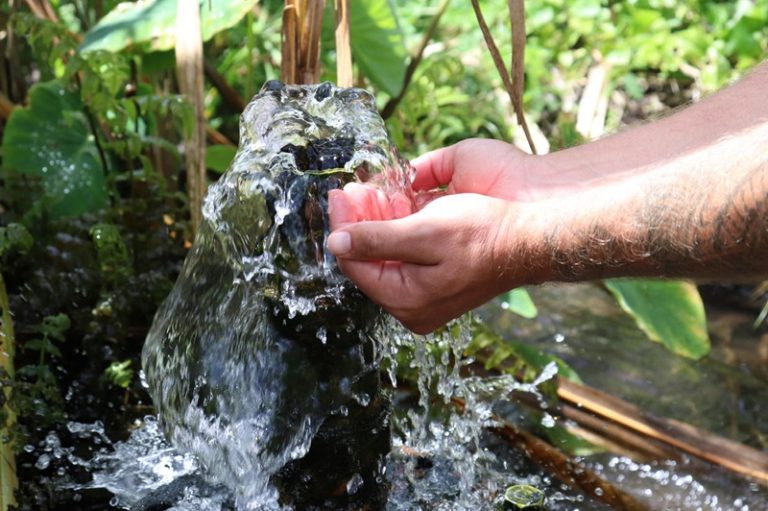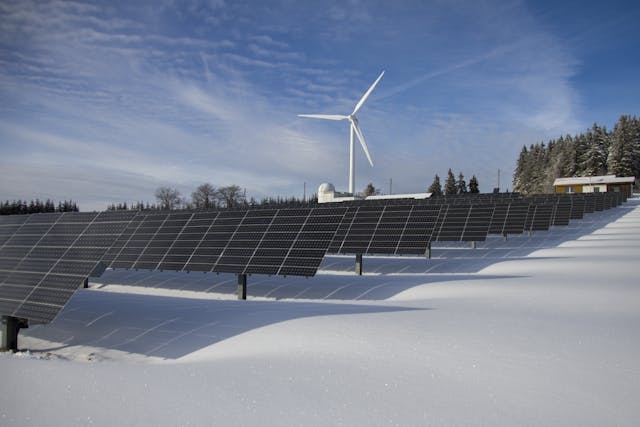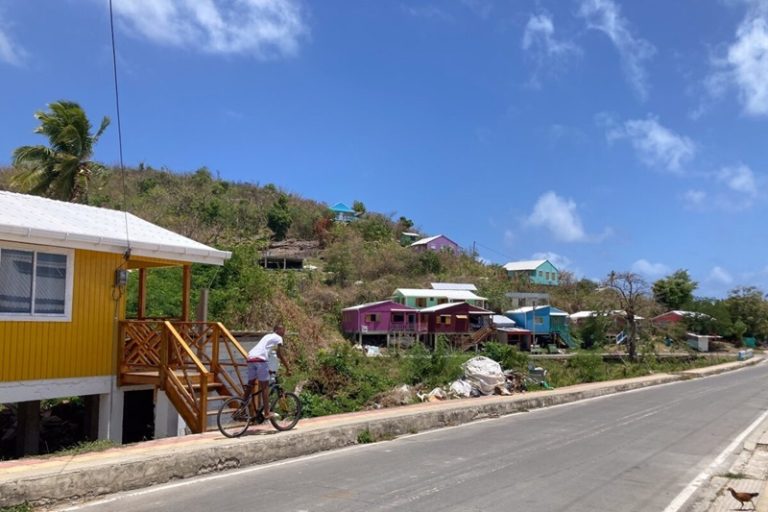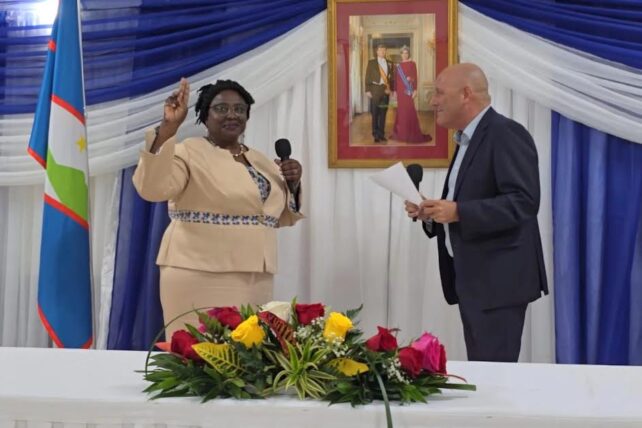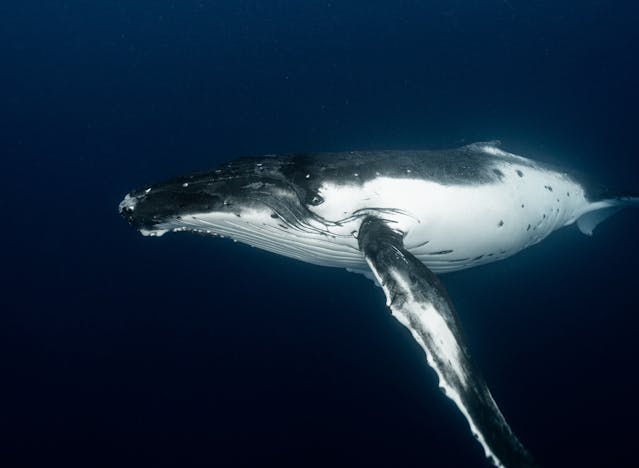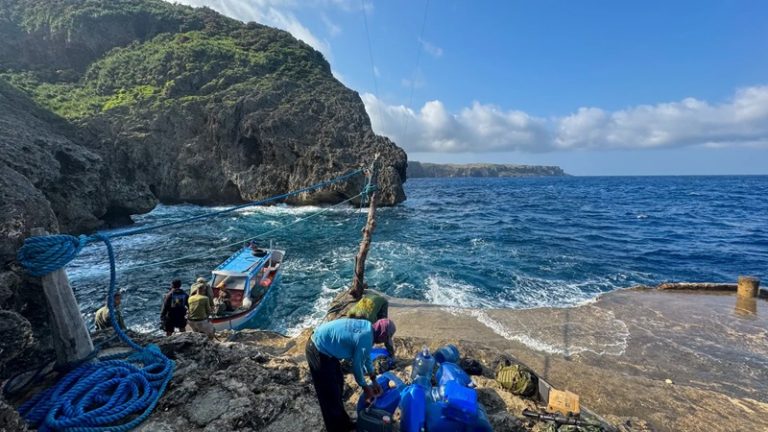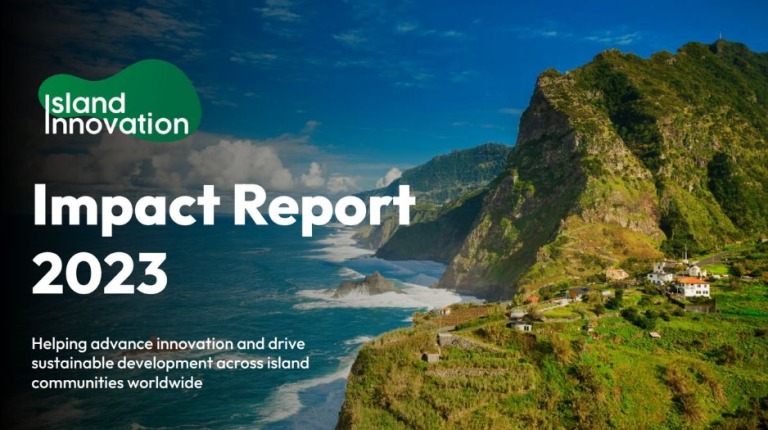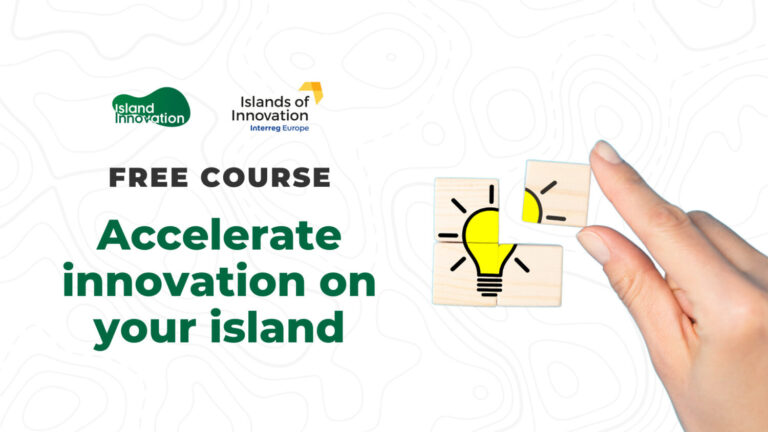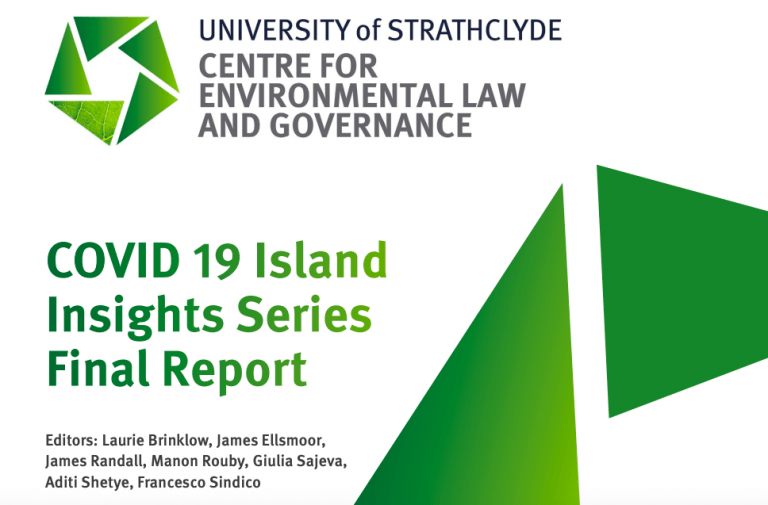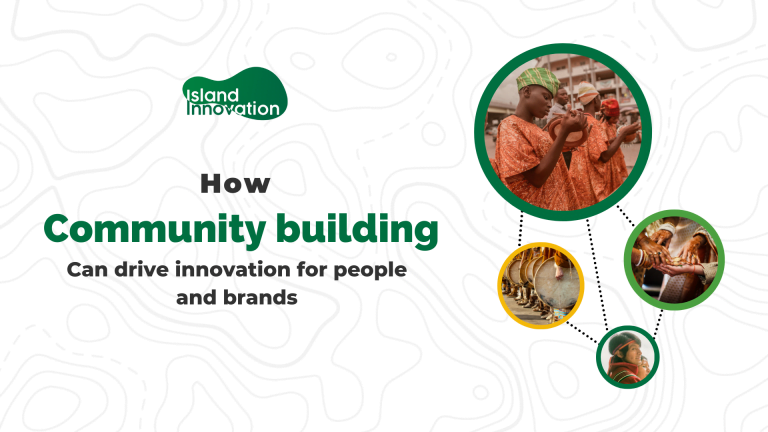Auckland was promoted as a ‘Mecca’ for Pacific Islanders in the 1950s. They came in their droves, and Tāmaki Makaurau is now home to the South Pacific’s largest Polynesian population – and could soon have its first Pasifika mayor. Torika Tokalau reports.
Saofa’i and Luataunu’u Samuelu Sauni, with two toddlers in tow, took a leap of faith when they boarded a plane to New Zealand.
It was 1955, and they had heard about job opportunities in a land 3000 kilometres away from Samoa.
They knew nothing about New Zealand or where the plane was going to land.
Their son Papali’i Pale Sauni, who was two years old at the time, said his parents didn’t even know that New Zealand had its own indigenous people.
But his parents came for the money, education and a better life.
It’s an experience shared by many from the Pacific who braved the journey at a time when labour was short in New Zealand after World War II – when the Government decided to look to its Pacific neighbours to raise the country’s economy.
Before then, the Pacific Island community in New Zealand numbered only a few thousand.
Sauni’s family, like many that came after them, chose Auckland specifically because they already had relatives in the region with whom they could stay, and there was a church where they could worship. That was important.
“And work was here,” Sauni, a Pacific consultant, says.
Sauni was born in Samoa in 1953, to a district nurse and a lay preacher. Back then, he was the youngest of two children – his older sister was 2. Five more children arrived after the family moved to Auckland.
Sauni, who has ties to Fale’ula and Faleasiu villages in Samoa, arrived in New Zealand with his older sister and parents when the international airport was still at Whenuapai.
They moved in with his uncle, who owned a three-bedroom house in Ponsonby, overlooking the Harbour Bridge.

